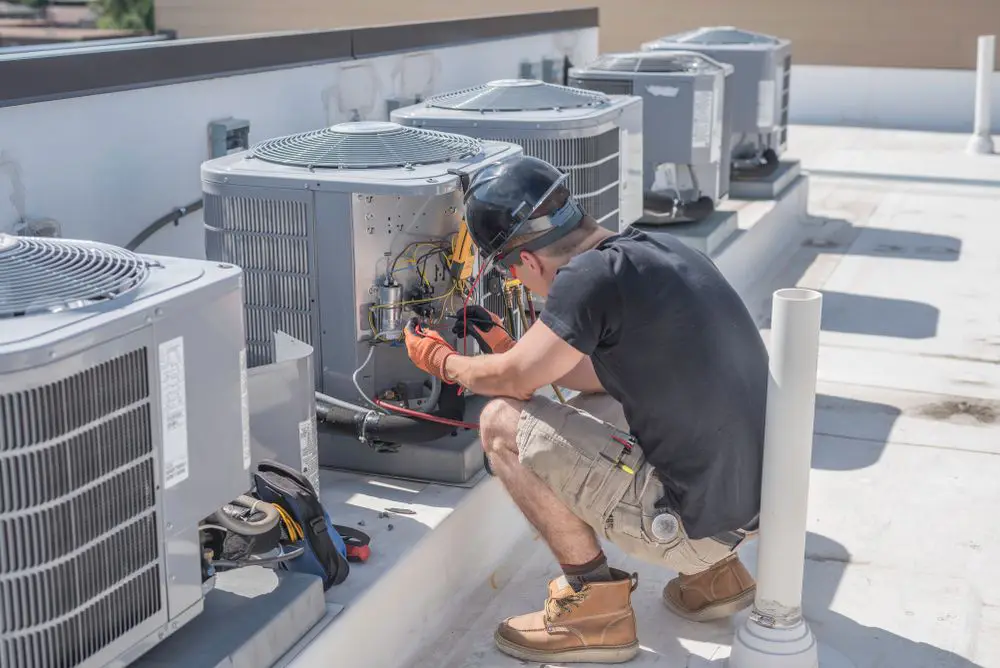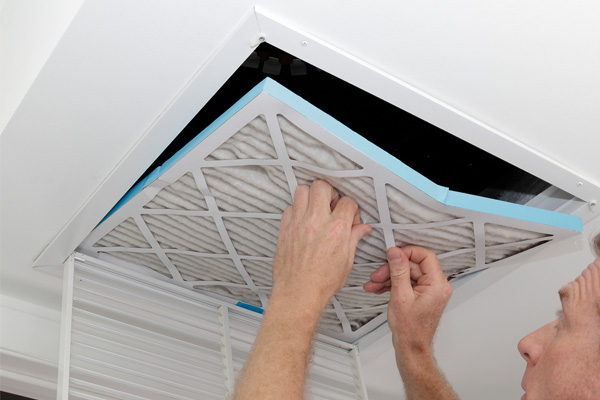Have you ever turned on your air conditioner only to be hit with an unpleasant odor? It can be quite alarming, especially if you are unsure of the cause. Understanding why your air conditioning smells bad during certain seasons can help you address the issue effectively. In this article, we’ll dive into the various seasonal causes of these unpleasant smells and offer solutions to keep your air fresh and clean.

Understanding the Problem
When your air conditioning smells bad, it often indicates that there is an underlying issue that needs attention. These odors can range from musty and moldy to downright foul. Identifying the root cause is crucial for homeowners and business owners alike.
Common Seasonal Causes of Bad AC Smells
1. Mold and Mildew Growth
One of the most common reasons for bad smells in your AC is the growth of mold and mildew. This often occurs during the warmer months when humidity levels are high. The moisture in the air conditioning unit creates a perfect environment for mold to thrive.
2. Clogged Air Filters
Air filters play a crucial role in maintaining indoor air quality. Over time, these filters can become clogged with dirt, dust, and debris, leading to a musty smell. It’s essential to replace or clean your air filters regularly, especially during peak seasons.
3. Dead Animals
In some unfortunate cases, small animals may find their way into your air conditioning system and become trapped. As they decompose, they can produce a foul odor that permeates your home or office.
4. Bacterial Growth
Bacteria can grow within your AC unit, particularly in the evaporator coil and drain pan. This growth is often accompanied by a pungent smell, similar to that of dirty socks.
5. Leaking Refrigerant
A chemical smell could be a sign of a refrigerant leak. This is not only dangerous but can also lead to inefficient cooling. It’s important to have a professional inspect and repair any refrigerant leaks promptly.
How to Address the Smell
Regular Maintenance
Regular maintenance is key to preventing bad odors from developing in your air conditioning system. Schedule routine inspections and cleanings with a professional HVAC technician to ensure everything is in working order. For tips, check out this odor prevention checklist.
Cleaning the Ducts
Dirty ducts can harbor dust, mold, and other contaminants that contribute to bad smells. Consider having your ducts cleaned regularly to improve air quality and eliminate odors. Learn more about the solutions for smelly vents.
Changing Air Filters
As mentioned earlier, changing your air filters is a simple yet effective way to prevent musty smells. Depending on usage and the environment, filters should be replaced every 1-3 months.
Checking for Leaks
If you suspect a refrigerant leak, it’s crucial to address it immediately. Not only can it cause unpleasant odors, but it can also pose health risks. A professional HVAC technician can safely repair any leaks.
Prevention Tips
1. Keep the Area Around Your AC Unit Clean
Ensure that the area around your air conditioning unit is clear of debris and vegetation. This helps to maintain proper airflow and prevents mold growth.
2. Use a Dehumidifier
During humid months, using a dehumidifier can help reduce moisture levels in your home, making it less conducive to mold and mildew growth.
3. Seal Duct Leaks
Leaky ducts can allow contaminants to enter your system. Sealing these leaks not only improves efficiency but also helps to keep your air clean. For more information, visit this external guide on preventing musty odors.
4. Install UV Lights
UV lights can be installed in your HVAC system to kill bacteria and mold spores, significantly reducing the chances of smelly air.
Conclusion
Understanding the seasonal causes of bad smells in your air conditioning system is vital for maintaining a healthy and pleasant indoor environment. By taking preventive measures and addressing issues promptly, you can ensure that your AC provides clean and fresh air year-round.

FAQ
1. Why does my AC smell musty?
A musty smell is often caused by mold or mildew growth inside the air conditioning unit, typically due to high humidity levels.
2. How often should I change my air filter?
It is recommended to change your air filter every 1-3 months, depending on usage and environmental conditions.
3. Can a bad smell from the AC be harmful?
Yes, certain smells can indicate the presence of mold, bacteria, or refrigerant leaks, which can pose health risks if not addressed.
This article contains affiliate links. We may earn a commission at no extra cost to you.